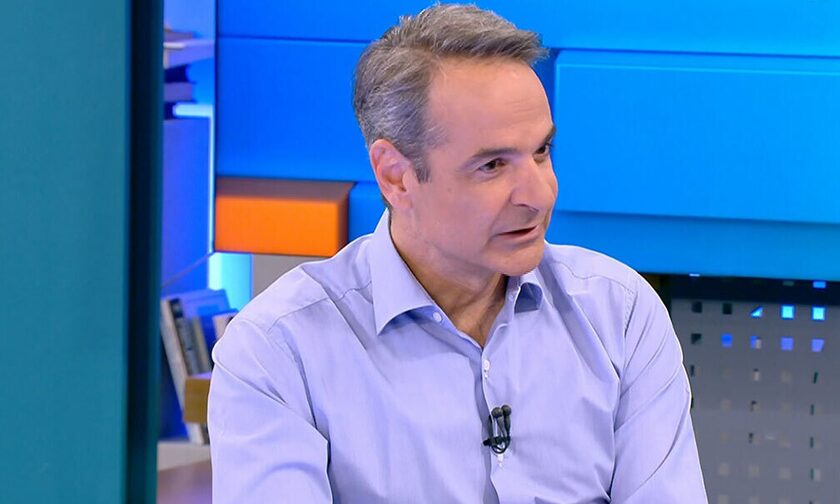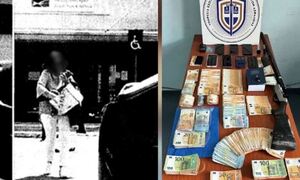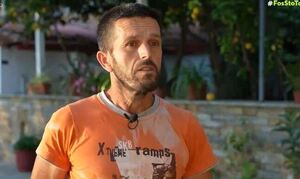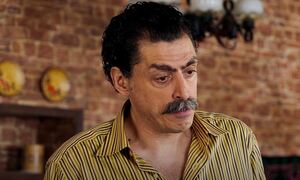Mitsotakis asserts that the government's commitment to the red lines on Greek-Turkish relations

Greece will not step back from the red lines it has set in Greek-Turkish relations, Prime Minister Kyriakos Mitsotakis said in an interview with Alpha TV on Saturday. He stressed that Greece today is much more fortified than in the past, both defensively with the strengthening of the armed forces and politically with the creation of strong alliances.
Greece will not step back from the red lines it has set in Greek-Turkish relations, Prime Minister Kyriakos Mitsotakis said in an interview with Alpha TV on Saturday. He stressed that Greece today is much more fortified than in the past, both defensively with the strengthening of the armed forces and politically with the creation of strong alliances.
Referring to his visit to Ankara and his meeting with Tayyip Erdogan, he noted that it is better for the two countries to talk and have open channels of communication than to have their fingers on the trigger. He described the transformation of the Chora Monastery into a mosque as "unnecessary and provocative," and stated that he would raise the issue with the Turkish president, exploring the possibility of revoking the decision. He added that Greece's armed forces are being strengthened so that Turkey does not question Greek sovereignty. He also emphasized Greece's network of alliances, such as with France. He also said that there is progress in Greek-Turkish relations, but "there will always be areas of tension," noting that Turkey has not withdrawn its claims. He clarified that Greece will also not retreat from the "red lines" it has set based on international law and will insist on its positions. At the same time, he noted that issues with Turkey have become part of the European framework, and said that Greece today is much more fortified and reinforced defensively and politically than Turkey.
Regarding Rama's private visit to Athens, he said Greece is a democratic country, and no one is forbidding a foreign leader from coming privately to gather. "But the timing of the visit is not right, and we should not give it much importance," he added. Regarding the elections in North Macedonia, he said he is watching with concern some statements by officials in the neighboring country. He stressed, however, that he would wait for the deputy prime minister's official position on what his country's name would be.
Speaking of precision, he described it as a "real problem" not only in Greece but also in Europe. He stressed that the government's goal is to increase incomes, improve public health, and implement a reform program for which it was mandated by 41%. He pointed out the importance of the stability of the country's course in the forthcoming European elections, urging people to participate in the polls.













